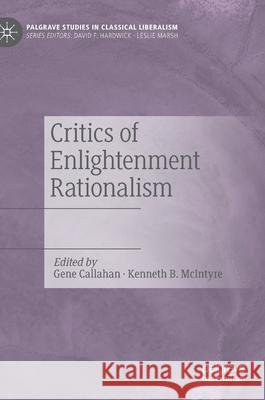Critics of Enlightenment Rationalism » książka
topmenu
Critics of Enlightenment Rationalism
ISBN-13: 9783030425982 / Angielski / Twarda / 2020 / 313 str.
Critics of Enlightenment Rationalism
ISBN-13: 9783030425982 / Angielski / Twarda / 2020 / 313 str.
cena 442,79
(netto: 421,70 VAT: 5%)
Najniższa cena z 30 dni: 424,07
(netto: 421,70 VAT: 5%)
Najniższa cena z 30 dni: 424,07
Termin realizacji zamówienia:
ok. 22 dni roboczych.
ok. 22 dni roboczych.
Darmowa dostawa!
Kategorie BISAC:
Wydawca:
Palgrave MacMillan
Język:
Angielski
ISBN-13:
9783030425982
Rok wydania:
2020
Wydanie:
2020
Ilość stron:
313
Waga:
0.52 kg
Wymiary:
21.34 x 15.49 x 2.54
Oprawa:
Twarda
Wolumenów:
01
Dodatkowe informacje:
Wydanie ilustrowane











